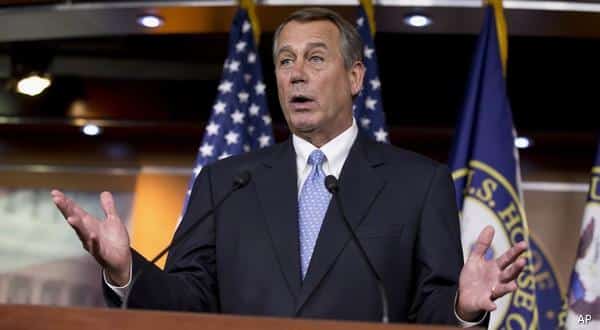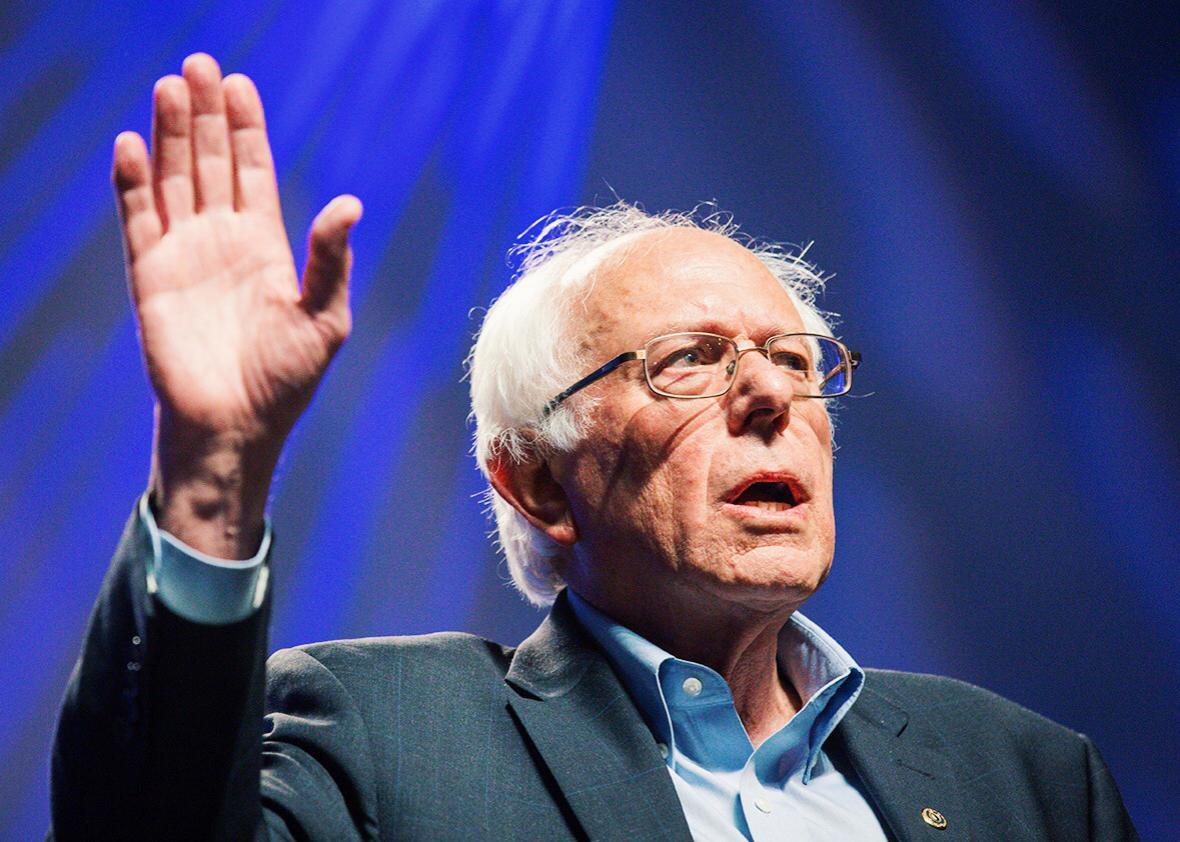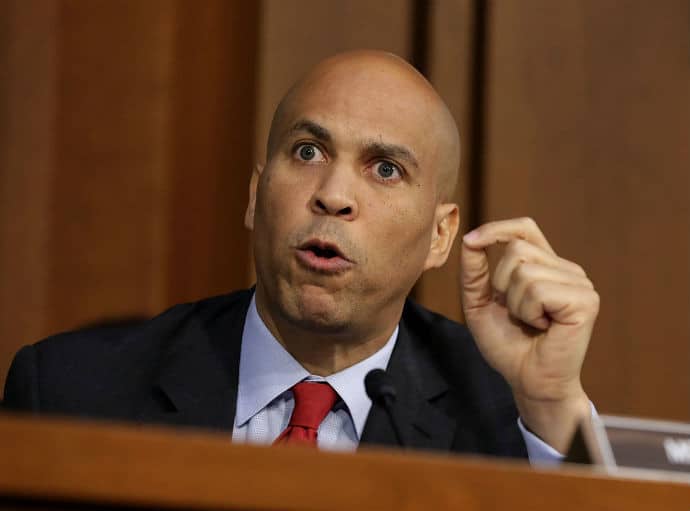
Bipartisan cooperation is alive and well in Washington these days, and Speaker of the House John Boehner doesn’t like it very much. An unlikely alliance of conservative Republicans and liberal Democrats came together and defeated the bloated welfare measure known as the farm bill on Thursday, June 20, 2013.
A majority of members of the House of Representatives voted against the $940 billion farm bill for a variety of different reasons. All but 24 of the House’s Democrats voted against the bill because it made deep cuts in food stamps. A batch of conservative Republicans joined them in opposition because the bill would have created a $9 billion federal crop insurance program for farmers.
Defeat for Agribusiness
This was a defeat for agribusiness, which would have benefited from new subsidies for peanut, cotton, and rice farming. The bill left restrictions on the importation of sugar, which benefits US sugar farmers at the expense of American consumers, intact.
The defeated bill was a perfect example of the kind of corporate welfare disguised as conservatism that we expect from the Republican establishment. It would have cut around $20.5 billion from food stamps, which would have hurt ordinary Americans who cannot find real jobs in our dismal economy, yet it kept subsidies that benefit big companies like ConAgra intact.
The defeat is a mixed bag for fiscal conservatives because it prevented some new corporate welfare measures but kept older ones intact. The bill would have eliminated $5 billion in direct payments to farmers, a Depression-era welfare program that’s very popular in farm states. The payments are made to farmers that don’t grow food in an attempt to keep food prices higher.
The Republicans wanted to replace the direct payments with crop insurance, which only benefits farmers that couldn’t grow food because of emergencies. The idea was to replace welfare with insurance.
New Survival Seed Bank™ Lets You Plant A Full Acre Crisis Garden!
Defeat for Republicans
This is definitely a huge defeat for John Boehner and House Republicans because it calls their leadership into question. They cannot get enough votes from their own party to pass a big measure. It also lays bare some huge rifts in the Republican Party.
Sixty-two Republicans joined Democrats to vote against the farm bill, which indicates a highly divided House GOP. That could spell big trouble for Boehner next time the house elects a speaker.
This is definitely a win for Minority Leader Nancy Pelosi, who was able to thwart a major bipartisan measure. It makes Boehner look inept and Democrats united.
It also marks an end to serious cooperation between the Republican and Democratic leaderships in the house on farm matters. Farm state representatives have historically put aside their differences in order to get the bill passed.
Pelosi might have also calculated that, by blocking the farm bill, she can hurt Republicans enough to cost them some seats in farm states. She might even believe that this could help the Democrats get control of the house in 2014.
Way Cleared for Massive Expansion of Food Stamps
Strangely enough, the defeat of a massive corporate welfare bill could clear the way for a massive expansion of food stamps. One House Republican, Steve King of Iowa, told The Wall Street Journal that the farm bill would have reined in food stamp spending. King now believes that there are no controls on food stamp spending.
Spending on food stamps has more than doubled in the last four years. The US now spends $75.7 billion a year on food stamps, a program that is part of the Department of Agriculture’s budget. The food stamp program, officially called the Supplemental Nutrition Assistance Program or SNAP, is now one of the largest items in Agriculture’s budget.
Representative King believes that House Republicans are no longer serious about controlling food stamp spending. If that’s true, there’s nothing to stop massive increases in food stamps.
Among other reforms, the bill would have stopped automatic renewal of food stamp benefits and the promotion of food stamps in Mexico. So opposing it was opposing welfare reform.
Conservatives have helped liberals preserve and possibly expand a massive welfare program at a time when America is facing a $16 trillion budget deficit. Politics, it seems, is getting more bizarre all the time.
I have to wonder if Democrats will now push for a big increase in food stamp spending. After all, there seems to be no real support for welfare reforms.
What’s Next?
It is unlikely that Boehner will try to introduce a new farm bill anytime soon. He didn’t even bring one to the floor last year, because it would have hurt Republicans in the 2012 elections. Most likely Boehner will shelve the farm bill until 2015 so as not to hurt Republicans in 2014.
It is possible that a watered down bill—one that doesn’t touch food stamps—might pass the House. It would still have to pass the Senate, which is controlled by Democrats, and be signed by President Obama. Obama is opposed to the current measure, so he would have vetoed it even if it had reached his desk.
The most likely scenario is that Republicans will preserve the status quo because attempts to reform farm programs and food stamps are just too controversial. Instead, Boehner and the rest of the House GOP will retreat into doing nothing.
Don’t expect any real change until 2017, when we will have a new president in the White House. In that year, somebody might try to reform farm subsidies.
Are Food Stamps Now as Popular as Social Security?
This bill also tells us something very disturbing about the great American welfare state. Food stamps may have become as popular as Social Security and just as important to tens of millions of Americans.
That’s frightening for two reasons. First, we cannot afford the continuing growth of food stamps. Second, it also indicates that millions of Americans cannot make enough money to feed their families. Millions of working and middle class families have to turn to food stamps to support themselves.
The Democrats were against the farm bill because they feared a backlash from food stamp dependent voters. Some of the Republican opponents may have been thinking the same way. The food stamp program has gotten just like Social Security; it has to be preserved at all costs to buy votes.
There’s no way America can afford another constantly growing welfare program. The only way to finance continued food stamp growth with our current tax structure is to borrow more money from China.
America has sunk to a new low—politicians cannot bring a massive spending program under control, and preservation of a welfare program has become the most important issue in a House of Congress. We have become a welfare state, and Congress doesn’t want to do anything about it.










